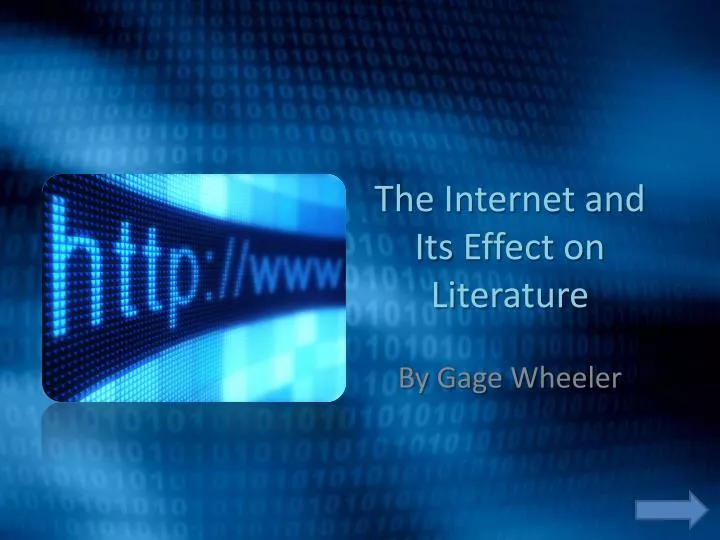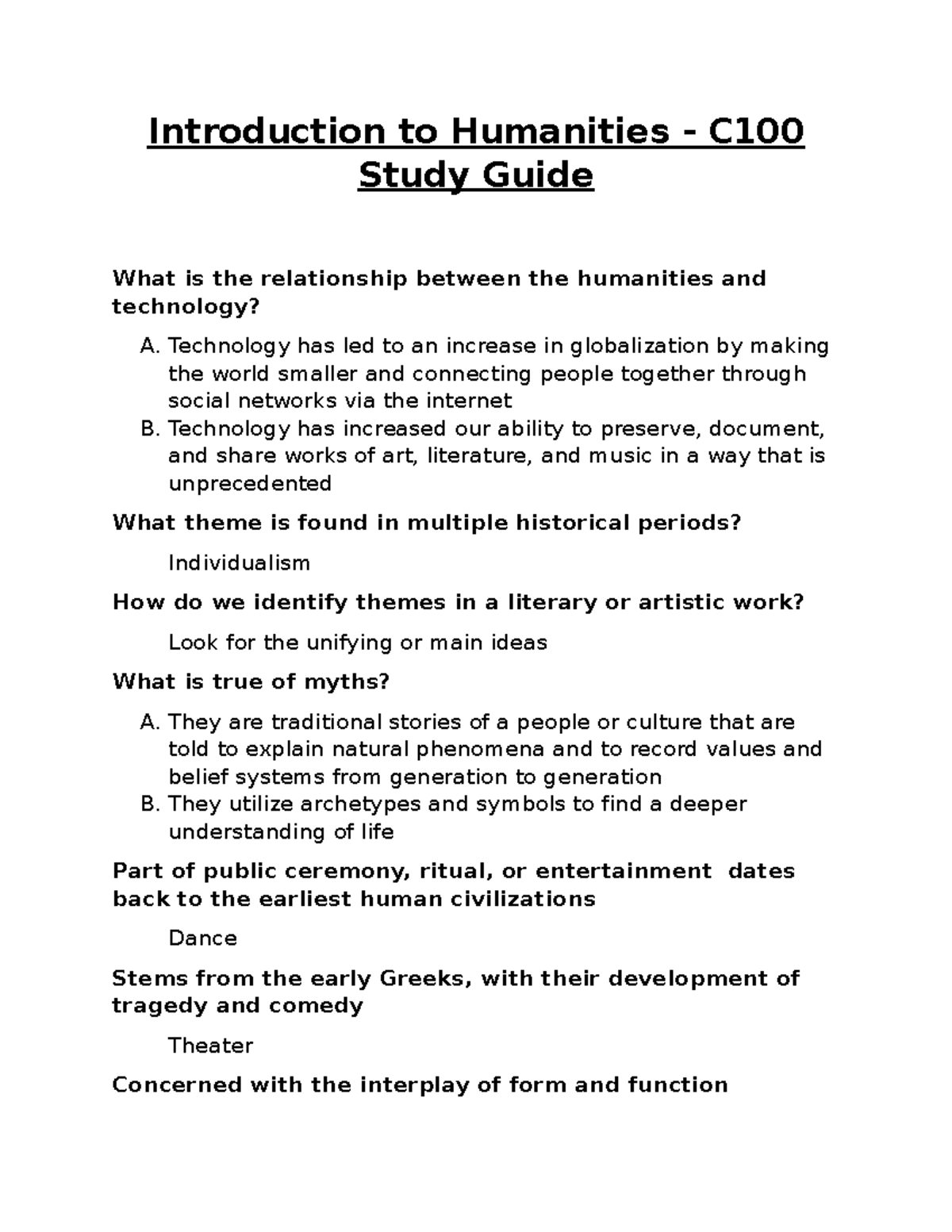The internet’s impact on fiction has ushered in a transformative era that reshapes our understanding of literature and storytelling. As writers navigate through this digital landscape, they witness profound changes not only in how stories are told but also in how they are consumed. Online platforms and social media have shifted reading habits today, blurring the lines between audience engagement and personal reflection. This evolution of fiction writing challenges authors to redefine their craft in a world dominated by likes, shares, and instant opinions. While the digital age fiction landscape is nuanced, one thing remains clear: the effects of social media on storytelling are reshaping narratives in ways we are only beginning to comprehend.
Exploring the influence of the digital realm on narrative creation reveals a significant shift in the literary landscape. The interaction between storytelling and technology has redefined how authors approach their work, reflecting changes in society’s relationship with literature. Readers have transformed into vibrant participants within a broader conversation, as the immediacy of online discourse shapes their expectations and preferences. This new paradigm not only enhances accessibility but also complicates the emotional depths that fiction traditionally explores. As we delve into this subject, it is crucial to consider how the surge of digital connectivity is not just altering fiction but also fostering a new generation of storytellers who must adapt to their audience’s evolving needs.
The Internet’s Impact on Fiction
The rise of the internet has undeniably reshaped the landscape of fiction, altering how stories are written and consumed. Authors now grapple with a new reality where the traditional bonds of intimate reader-writer relationships are often overshadowed by the influence of social media and public opinion. Readers are no longer just passive recipients of narratives; they have evolved into audiences that engage with literature in a more interactive manner, often influenced by trends and viral sensations. This significant shift poses a challenge for writers who must navigate the dual demands of authenticity and audience expectation, often leading to self-censorship or diluted creativity.
Additionally, the internet has fostered a culture where instant gratification reigns, impacting reading habits today. The depth of immersion once afforded by physical books can be diminished by the frenetic pace of online content, prompting questions about how the nuances of storytelling can thrive in this environment. With readers skimming through information rather than engaging deeply with texts, the essence of fiction that explores intricate human emotions might recede, giving way to more superficial narratives that cater to trending topics or sensationalist plots.
Frequently Asked Questions
How has the internet changed literature and fiction writing?
The internet has significantly transformed literature by altering reading habits and the way fiction is written. Writers now face the challenge of crafting stories in a world where social media shapes public taste, often prioritizing trends over authentic personal narratives. This shift has made authors more aware of their audiences, leading to changes in how they express their storytelling.
What are the effects of social media on storytelling in fiction?
Social media has introduced a new dynamic in storytelling by turning readers into audiences. This has influenced writers to adapt their narratives to fit public opinion rather than solely their personal truths. Hence, while social media aids in reaching a wider audience, it can also compromise the depth and emotional truth that fiction traditionally offers.
How has the digital age impacted reading habits today?
In the digital age, reading habits have evolved to be more fragmented. The availability of information online often distracts readers, leading to shorter attention spans and less time dedicated to deep reading. Many readers now consume literature in shorter bursts, influenced by online trends and social media rather than seeking immersive experiences through books.
What is the relationship between the internet and the evolution of fiction writing?
The internet has prompted a rapid evolution in fiction writing, as it allows for instantaneous research and access to varied perspectives. However, it has also brought about pressures to conform to mass appeal, affecting the uniqueness and experimental nature of literary work. While writers benefit from online resources, the challenge remains to maintain distinct voices amidst the noise of popular opinion.
Can positive aspects of the internet enhance the experience of reading fiction?
Yes, the internet offers positive aspects that enhance the reading experience. Readers can easily discover new authors, access eBooks, and join online communities that discuss literature. Additionally, social media provides a platform for word-of-mouth recommendations, expanding readers’ horizons and fostering engagement with diverse literary works.
What challenges do contemporary authors face due to the internet’s influence on fiction?
Contemporary authors grapple with the challenge of balancing their artistic integrity against the demands of a digital audience. The pressure to cater to trending topics can dilute the emotional truth in their narratives, impacting the originality of their work and the depth of storytelling.
How does the internet affect the moral obligation of storytelling in fiction?
The internet has elevated the moral responsibility of storytelling by increasing access to information and diverse viewpoints. Writers now have the opportunity to deepen readers’ empathy and understanding through their narratives. However, this also necessitates a careful balance to ensure that the authenticity of personal stories is not overshadowed by the fast-paced consumption of content online.
In what ways has the internet expanded research opportunities for fiction writers?
The internet has revolutionized research for fiction writers by providing instant access to archives, scholarly articles, and multimedia resources. This has enabled authors to incorporate detailed historical context and accuracy into their narratives, enhancing the depth of their storytelling and enriching the reader’s experience.
What does the future hold for fiction in an internet-dominated world?
Despite the internet’s pervasive influence, fiction is likely to remain a vital form of storytelling. Authors will continue to explore innovative narratives by using online tools while maintaining the core emotional truths that fiction offers. The challenge lies in navigating the digital landscape without losing the essence of storytelling that has endured for centuries.
| Key Points | Author Insights |
|---|---|
| Readers have become audiences, leading writers to adapt to mass opinion, diminishing personal expression. | Greg Jackson ’06 critiques the impact of social media on the authenticity of writing. |
| The internet offers both conveniences for research and distractions that detract from reading. | Scott Turow J.D. ’78 highlights the advantages of quick research and the risk of displaced reader attention. |
| Plot devices dependent on characters getting lost or disconnected have diminished. | Jennifer Finney Boylan laments the lost narrative tension due to constant connectivity. |
| Online resources have revolutionized research, providing instant access to archives. | Julie Orringer appreciates the historical context available through internet archives. |
| Reading habits have shifted with the internet, leading to fragmented attention spans. | Weike Wang ’11 notes that responsibilities and internet distractions limit deep reading. |
| Emotional truth in fiction is crucial despite the internet’s distractions. | Min Jin Lee discusses the need for emotional authenticity in storytelling. |
| The internet influences the way knowledge is accessed, impacting deep learning. | Andrè Aciman Ph.D. ’88 comments on generational changes in accessing literary knowledge. |
| While the internet facilitates research, true understanding often comes from personal interaction. | Yxta Maya Murray stresses the importance of face-to-face interactions for deep narratives. |
Summary
The internet impact on fiction has been profound and multifaceted. As writers navigate a world where readers are also audiences, the balance between personal truth and public opinion becomes increasingly delicate. While the internet offers unprecedented access to information and has revolutionized research, it equally presents challenges to deep reading and the complexity of narrative. Overall, the evolving landscape shaped by online connectivity is reshaping storytelling, pushing writers to rethink their craft in the digital age.



